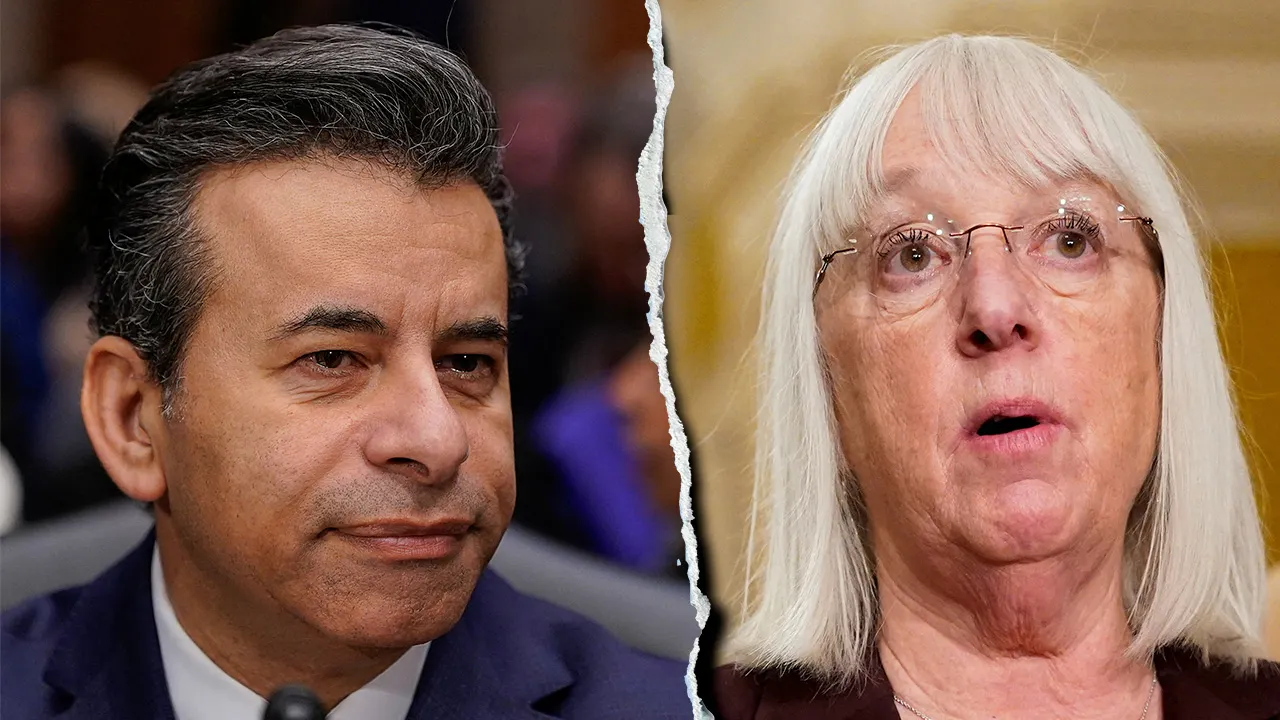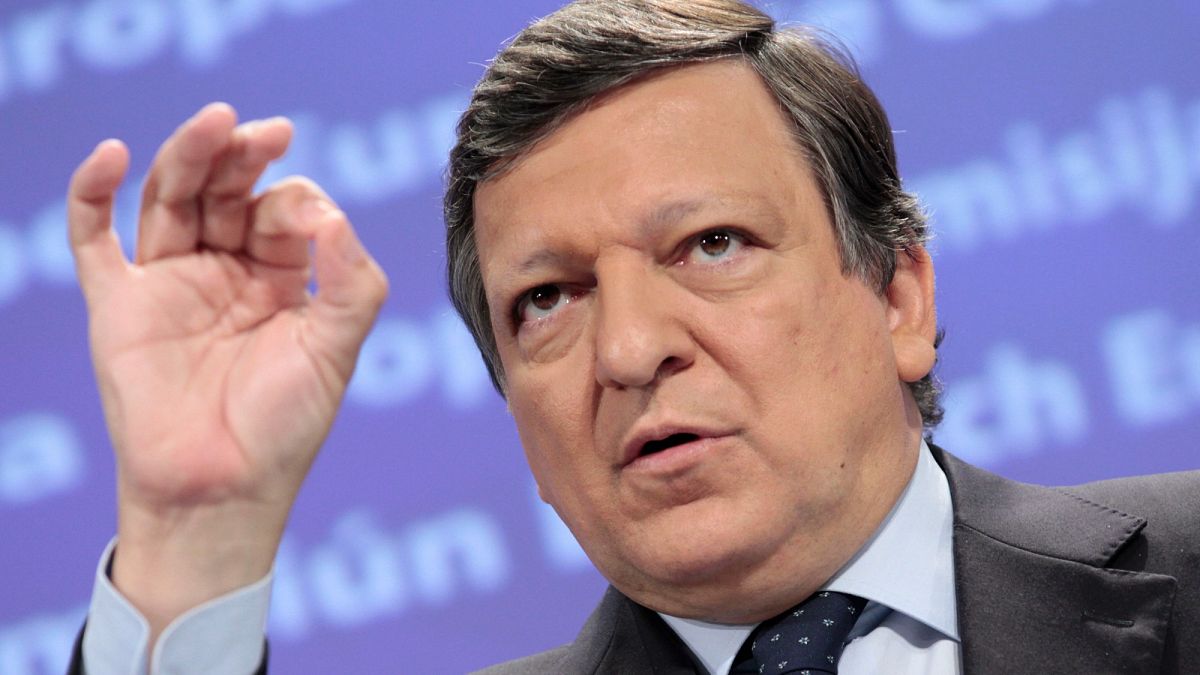Road surfaces are in below-average condition across Arkansas — according to one comprehensive and often-cited highway report — and that’s something the state Department of Transportation has promised to address during the coming years, especially now that the state’s half-cent sales tax for road and bridge improvements is permanent.
The same annual report, released by the Reason Foundation, shows that Arkansas performs well in other areas — and in some cases, exceptionally well — especially as it pertains to allocating resources and maintaining road safety in urban areas.
“While we appreciate being recognized for things we’re doing well, we also appreciate knowing where we have room for growth,” said Jared Wiley, the Transportation Department’s chief engineer for pre-construction, who acknowledged the low rankings for the state’s interstate pavement conditions.
Lorie Tudor, the department’s director, said a total of $770 million will be spent during the current state fiscal year for “system preservation,” and pavement improvements are a big part of that.
“I think in the next five years, and I know within the next 10 years, we’ll be much better as far as keeping our roads and bridges in great condition,” she said.
She credited Arkansas voters’ decision in 2020 to pass the state Constitution’s Amendment 101, which made permanent the half-cent sales tax created in 2012. The permanent tax went into effect this fiscal year, which began July 1.
Tudor said $4.4 billion will be spent from federal fiscal year 2023 through 2026 on system preservation.
In April, the Reason Foundation released its 27th annual Highway Report and gave Arkansas an overall ranking of 13th out of 50 states, an improvement from its 17th-place showing the previous year. Highway commissioners touted the ranking during last month’s public meeting, saying Arkansas has a significant number of highways to maintain — roughly 16,400 miles worth — with support from a relatively small tax base.
The Reason Foundation stated that Arkansas has the 16th-largest highway system in the country. It is ranked 34th in population, according to the U.S. Census Bureau.
Those who conducted the study commended Arkansas’ ability to score well in various categories — including administrative disbursements, maintenance disbursements and its urban fatality rate.
“Arkansas scored very well overall,” said Baruch Feigenbaum, senior managing director of transportation policy at the Reason Foundation, who co-authored the report. “States scoring that well generally do a good job removing the politics from transportation policy. They are spreading out [resources] where they’re most needed. They address needs from a traffic-congestion perspective and a safety perspective.”
But all was not positive with Arkansas’ performance, as Feigenbaum pointed out. Arkansas ranked 37th in rural interstate pavement condition and 35th in urban interstate pavement condition.
“That is not very good,” he said. “More money needs to be spent on maintenance rather than new projects for that to improve. For a state that does so well in so many other categories, that really stands out. It’s a little troubling that those numbers are so low.”
The Reason Foundation, a Los Angeles-based libertarian think tank, has issued its annual highway report for 27 years. It gets its data from the Federal Highway Administration and the Texas A&M Transportation Institute.
For its own report, the Reason Foundation ranks all 50 states in 13 separate performance categories and calculates an overall ranking.
“One of the reasons we started doing this years ago was because there was no quantitative analysis of our highway systems, whether by the states, trade groups, other think tanks or by anyone else in the transportation space,” Feigenbaum said.
He called it the “biggest media product” that the Reason Foundation does each year.
Ellen Coulter, a Transportation Department spokeswoman, called the annual highway report “very established in the industry” and that her agency pays close attention to it.
“We do our own fact-checking and always find it to be pretty accurate,” she said. “We use it as an opportunity to look internally to see what needs to be changed.”
Wiley called the report a “credible and fair assessment of our highway system.”




























